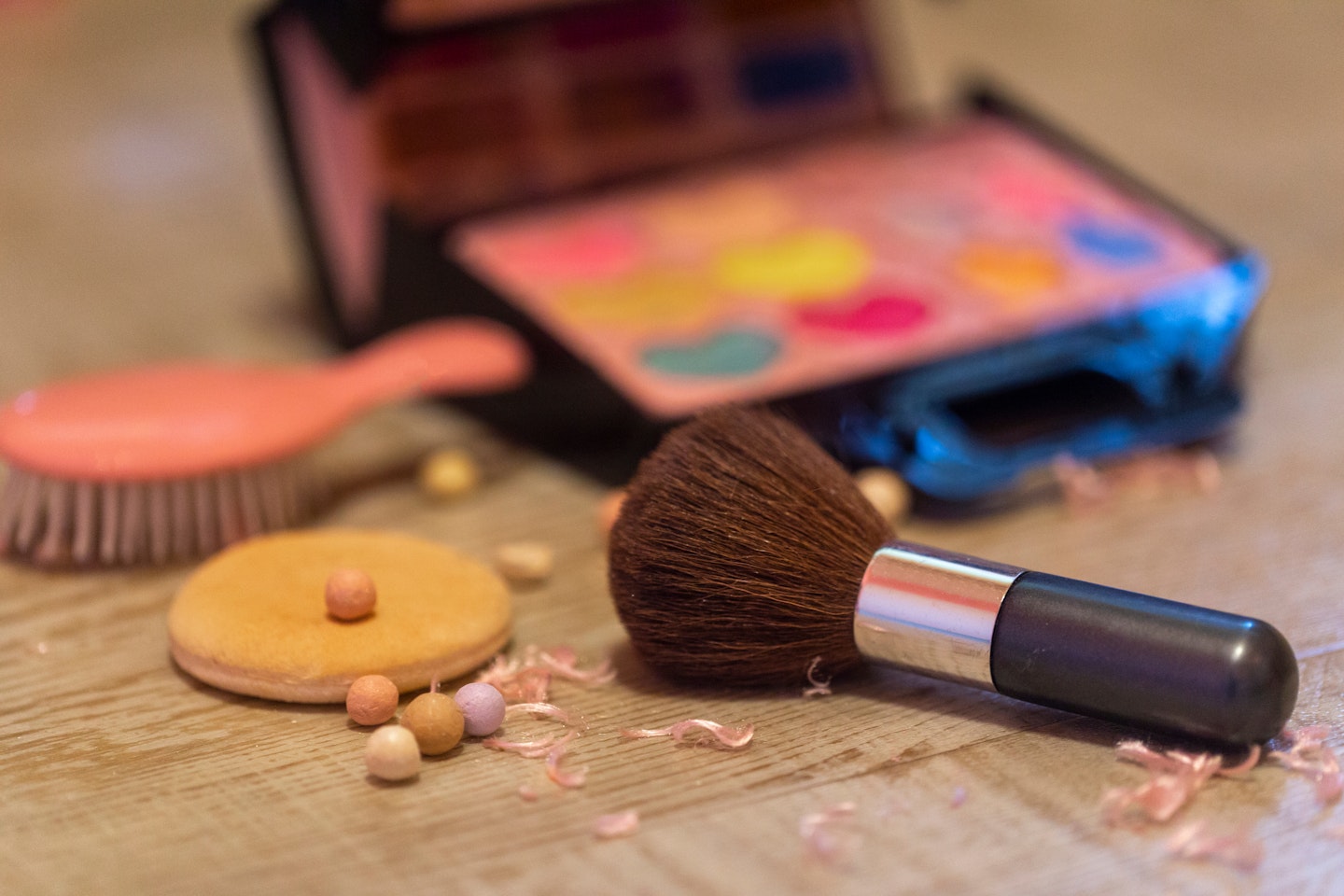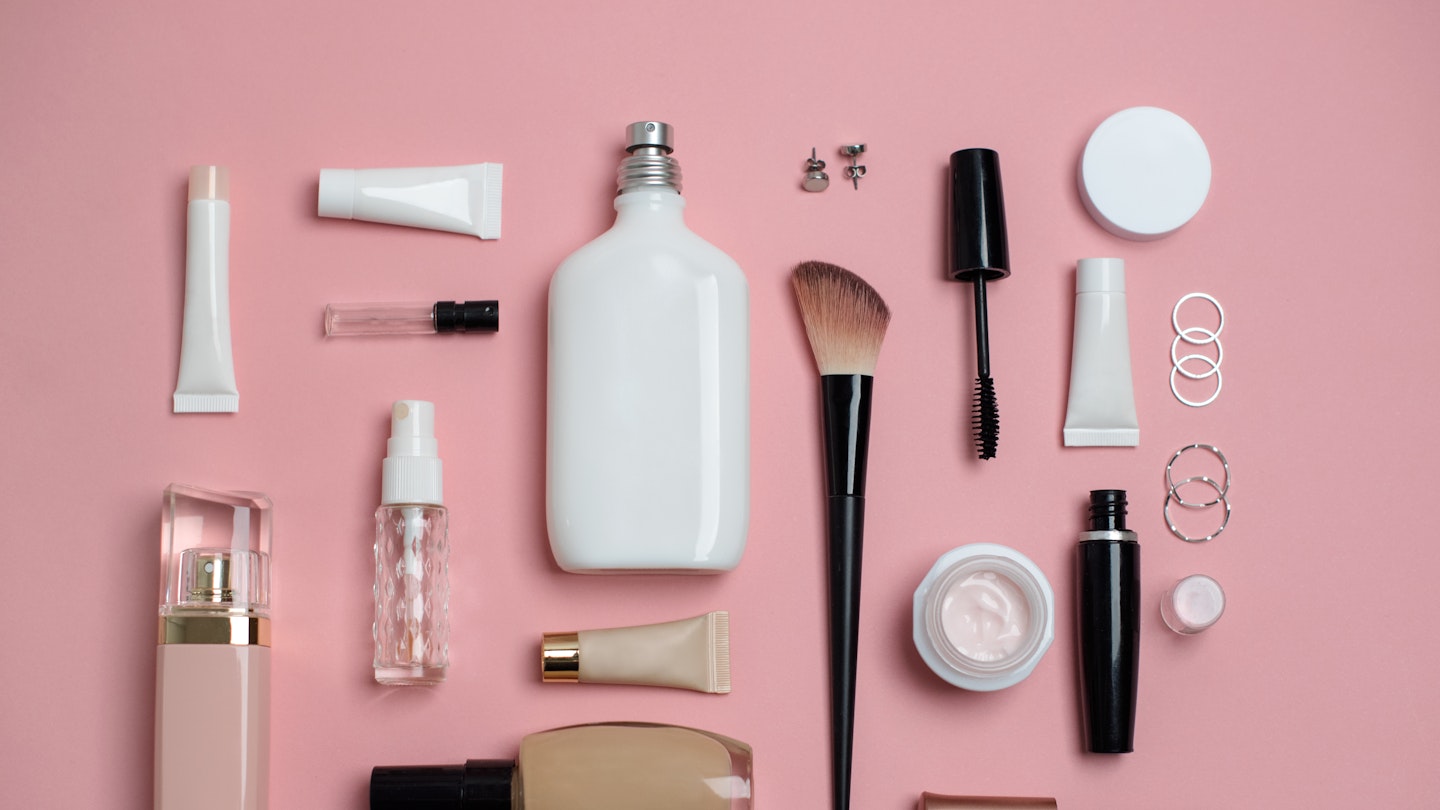Young girls are hitting puberty at an increasingly younger age, and a study has claimed it is the chemicals they are exposed to in make-up, as well as other beauty and household products, which are the culprit.
Research carried out by experts at the University of California, which was published in the Human Reproduction journal, has found chemical groups, such as phthalates (used in scented products, including perfumes, soaps and deodorants), parabens (found in cosmetic products as a preservative) and phenols (a compound found in most beauty products) negatively impact on a young female’s growth and development.
The long-term study was carried out on 388 children and their mothers between 1999 and 2000. As part of the research urine samples were taken from the parent during pregnancy, and then from the children aged 9 years old to track the onset of adolescence.
The study found mothers who had higher levels of two chemicals in their urine - diethyl phthalate and triclosan - had daughters who started puberty one month earlier.
Doctor Kim Harley – the associate professor in public health at the University of California who led the study – said: “We found evidence that some chemicals widely used in personal care products are associated with earlier puberty in girls. Specifically, we found that mothers who had higher levels of two chemicals in their bodies during pregnancy – diethyl phthalate, which is used in fragrance, and triclosan, which is an antibacterial agent in certain soaps and toothpaste – had daughters who entered puberty earlier.
“We also found that girls with higher levels of parabens in their bodies at the age of nine entered puberty earlier.”

Although Doctor Harley has acknowledged other elements can play its part on early puberty, she fears the impact this will have on children’s mental health.
The expert continued: “This is important because we know that the age at which puberty starts in girls has been getting earlier in the last few decades; one hypothesis is that chemicals in the environment might be playing a role, and our findings support this idea.
“Earlier puberty in girls increases their risk of mental health problems and risk-taking behaviour as teenagers and increases their risk of breast and ovarian cancer over the long-term, so this is an important issue to address.”
While the harsh chemicals are taking its toll on young females, the study found the elements did not impact on the development in boys.
